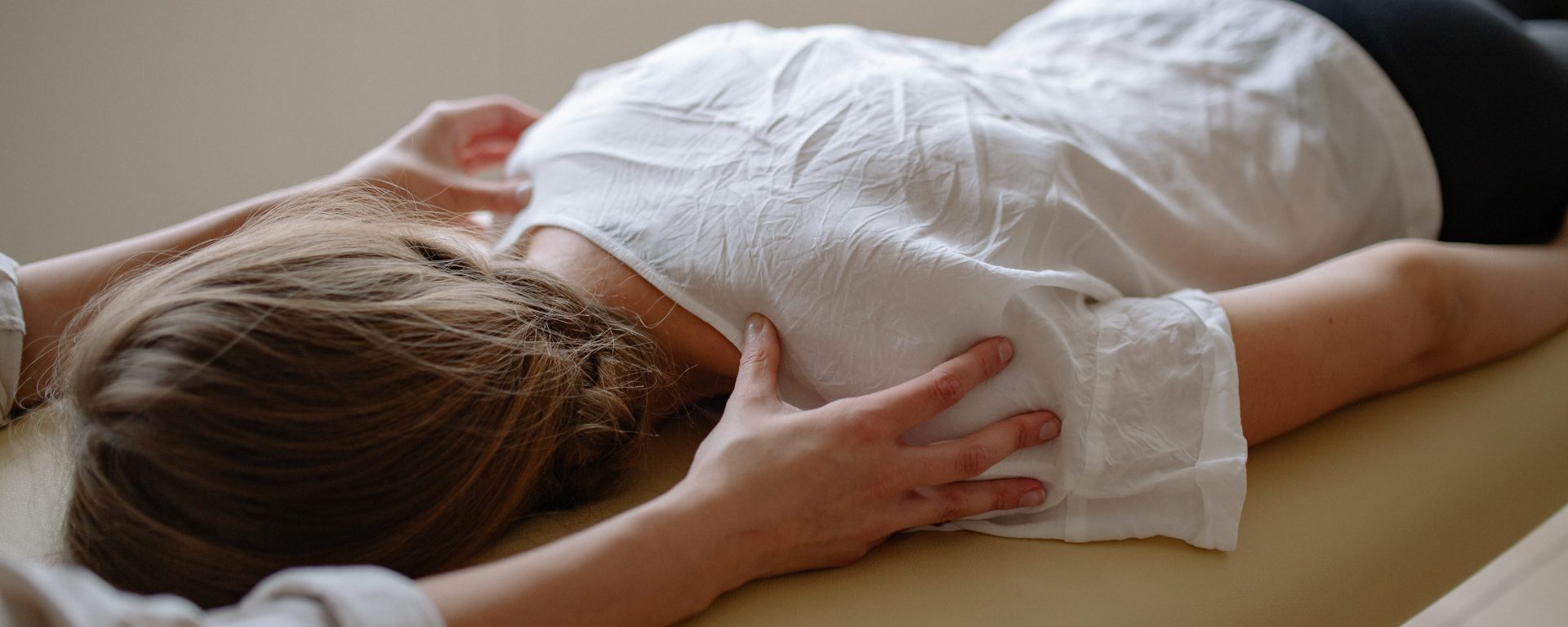In 2000, Michelotti, et. al., conducted study about Temporomandibular disorders (TMD) which encompass a range of painful conditions affecting the jaw muscles and joints, with myofascial pain being one of the common manifestations. To address this issue, a recent controlled clinical trial aimed to assess the short-term effects of physiotherapy and counseling as potential treatments for myofascial pain in TMD patients.
The study involved forty consecutive TMD patients with myogenous (muscle-related) pain, who were randomly assigned to two treatment groups using a balanced-block randomization technique. The first group received counseling alone, while the second group received counseling complemented by physiotherapy. Patients were monitored over a three-month period, with data collection taking place at two different time points: baseline (T0) and three months after the treatment initiation (T1). Treatment success was measured using a specialized index called the treatment contrast (Tc), which allowed for subjective, objective, and overall assessments of the effects of the two therapeutic approaches.
Analysis of the outcome measures revealed no significant difference between the two treatment groups, except for the subjective evaluation of treatment success, where physiotherapy appeared to be marginally more effective than counseling alone.
The study’s findings support the conservative approach of employing physiotherapy and counseling as elective therapies for the management of TMD patients, particularly those suffering from myofascial pain. Although there was no significant difference between the groups in most outcome measures, the addition of physiotherapy to counseling displayed a slight advantage in terms of subjective treatment success. This suggests that the success of conservative therapies largely relies on fostering a positive patient-clinician relationship, ultimately improving patient compliance.
In conclusion, the current research underscores the importance of physiotherapy and counseling in the short-term treatment of myofascial pain in TMD patients. Further studies could explore long-term effects and investigate additional interventions that may enhance patient outcomes in the management of TMD-related conditions.
Reference: Michelotti, A., Parisini, F., Farella, M., Cimino, R., & Martina, R. (2000). Muscular physiotherapy in patients with temporomandibular disorders. Controlled clinical trial. Minerva Stomatologica, 49(11-12), 541-548.
